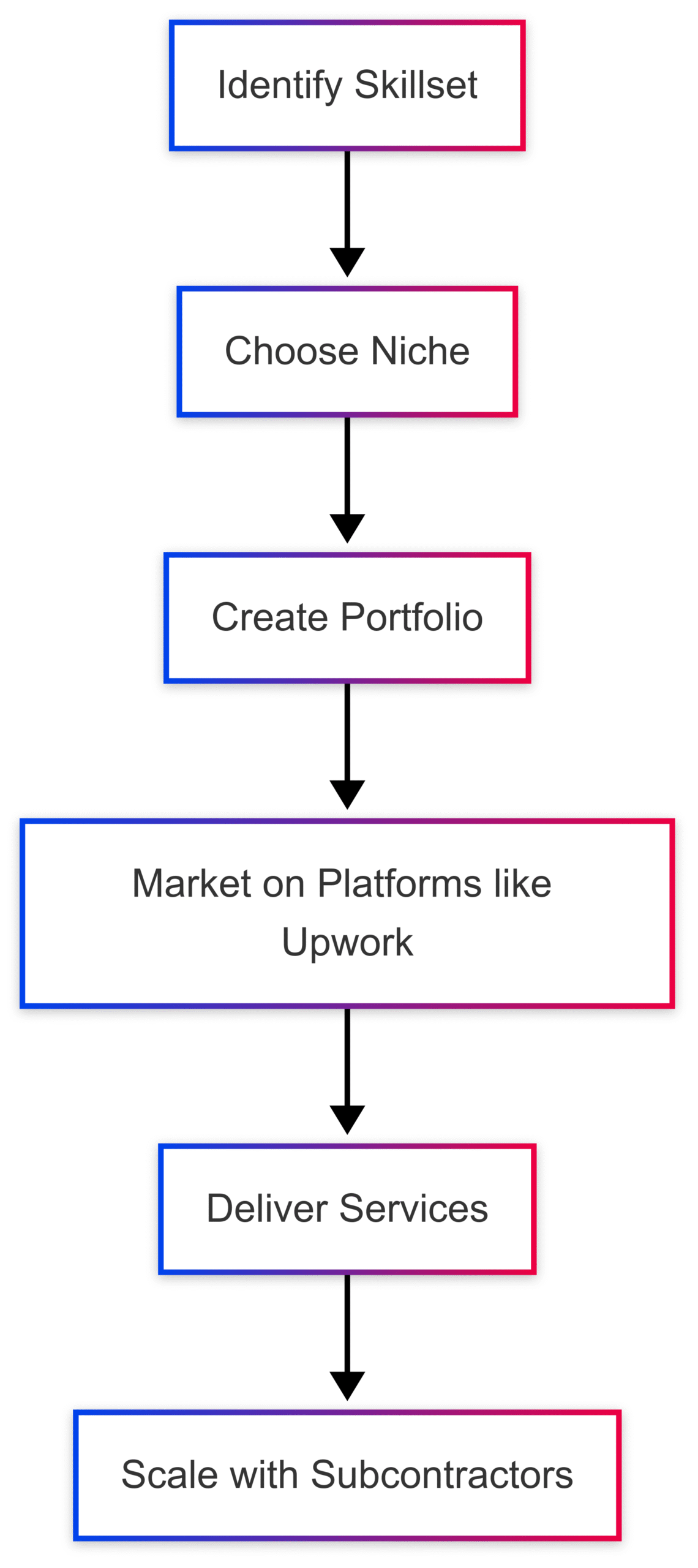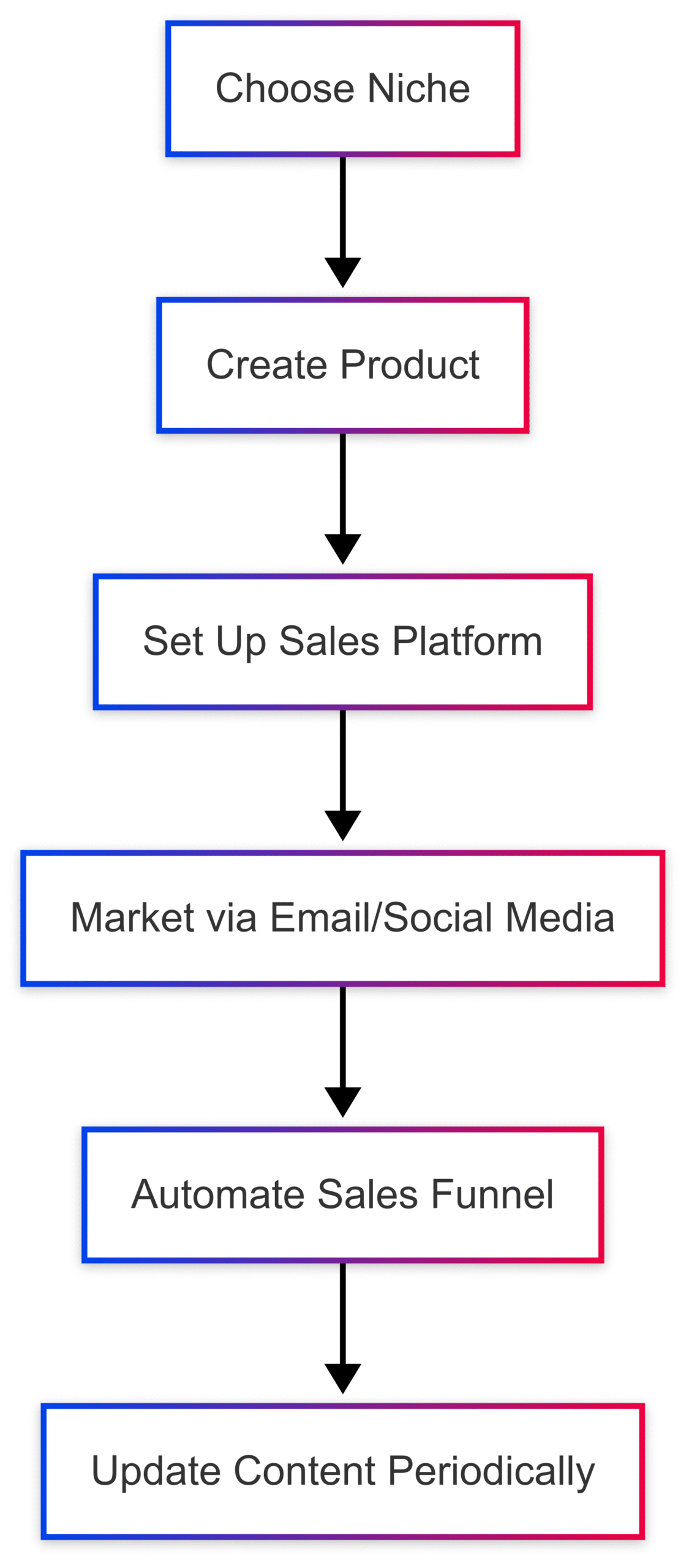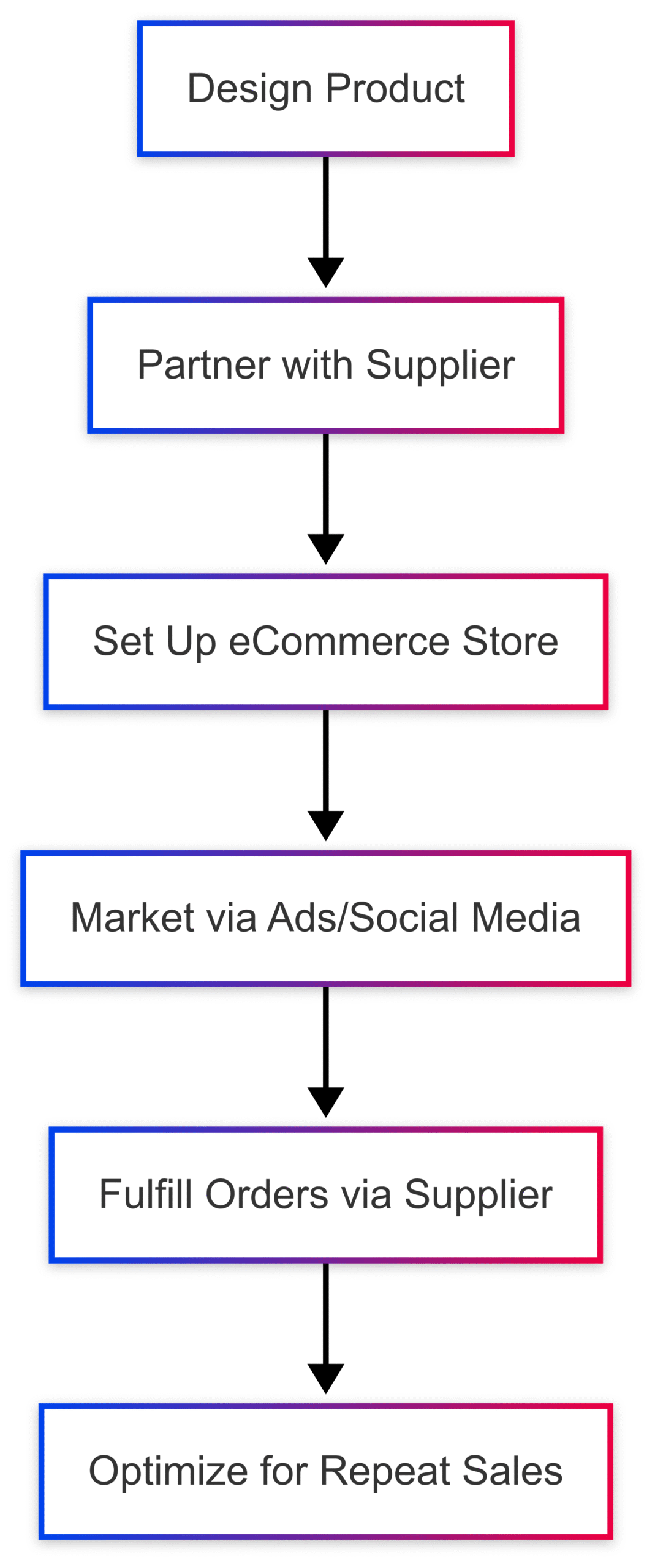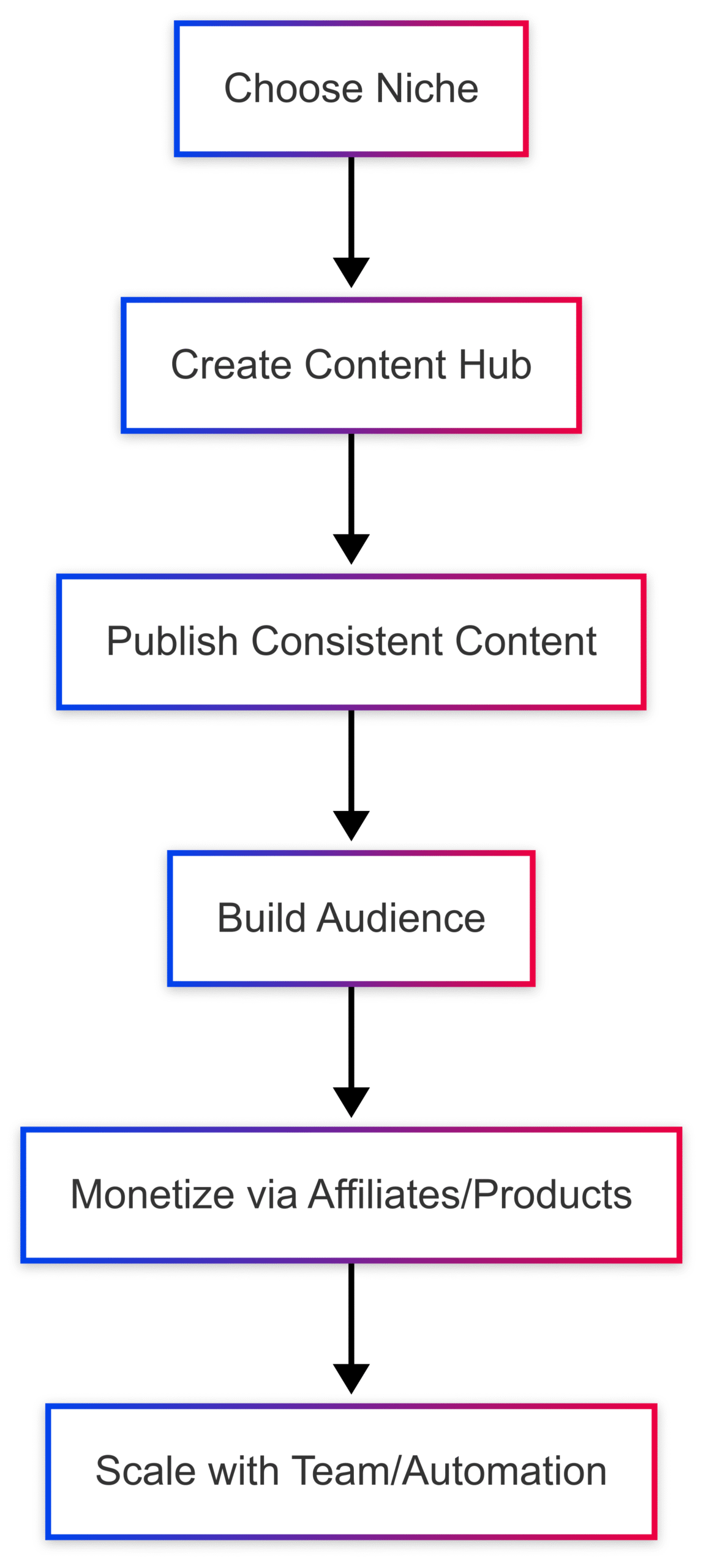Discover the 7 best businesses for digital nomads to achieve financial freedom and location independence with low startup costs and scalable income.
The digital nomad lifestyle—working remotely while traveling the world—has become a beacon for those seeking freedom, flexibility, and adventure. A well-chosen online business can fund this lifestyle, offering financial stability without tying you to a single location. Whether you’re a freelancer, entrepreneur, or creative, the right business model can turn your skills into a sustainable income stream. This article explores the seven best businesses for digital nomads, categorized into service-based, digital product, and physical product ventures, with practical insights, pros, cons, and strategies to succeed.
Why Choose a Digital Nomad Business?
Digital nomad businesses leverage the internet to generate income from anywhere with a laptop and Wi-Fi. These ventures align with the nomadic lifestyle by prioritizing flexibility, low overhead, and scalability. The key is matching your skills, resources, and passions to a business model that supports both short-term income and long-term growth. Below, we dive into three main categories—service-based, digital product, and physical product businesses—each with unique advantages and challenges.
Service-Based Businesses: Trading Skills for Income
Service-based businesses involve exchanging your expertise or time for money. These are ideal for digital nomads due to their low startup costs and quick income potential. While they require active management, they can be scaled by hiring subcontractors or building a team.
Pros of Service-Based Businesses
- Low Startup Costs: Minimal investment needed—often just a laptop and internet.
- Quick Income: Clients pay for services upfront, providing faster cash flow.
- Growth Potential: Expand by outsourcing or niching down to premium services.
Cons of Service-Based Businesses
- Time-Intensive: Income is tied to hours worked, limiting scalability.
- Management Needs: Requires consistent client communication and project oversight.
- Profit Ceiling: Long-term earnings may plateau without diversification.
Top Service-Based Business Ideas
Freelance Writing and Editing
- Description: Write or edit blog posts, eBooks, whitepapers, or marketing copy for clients. Specialize in niches like tech, finance, or health to command higher rates.
- Tools: Grammarly, Google Docs, Upwork for finding clients.
- Pricing: $50-$150/hour for writing; $30-$100/hour for editing, depending on expertise.
- Why It Works: High demand for quality content across industries. Scale by hiring subcontractors to handle larger projects.
Social Media Video Editing
- Description: Create and edit short-form videos for Instagram, TikTok, or Facebook, including ads or educational content.
- Tools: Adobe Premiere Pro, Canva, Animoto.
- Pricing: $100-$500 per video, or retainer contracts starting at $1,000/month.
- Why It Works: Businesses prioritize social media presence, and video content is king. Flexible work that can be done from anywhere.
Virtual Assistant Services
- Description: Provide administrative support, such as email management, scheduling, or research, often specializing in industries like real estate or publishing.
- Tools: Trello, Asana, Calendly.
- Pricing: $20-$50/hour, with specialized VAs charging up to $100/hour.
- Why It Works: Low skill barrier and high demand, especially for niche-specific tasks.
Service-Based Business Workflow

Digital Product Businesses: Scalable and Passive Income
Digital product businesses involve creating and selling intangible goods like eBooks, courses, or apps. These are highly scalable, often generating passive income after the initial effort.
Pros of Digital Product Businesses
- High Profit Margins: No physical inventory means low delivery costs.
- Scalability: Sell to unlimited customers without additional effort.
- Passive Income: Earn money repeatedly from a single product.
Cons of Digital Product Businesses
- Upfront Investment: Requires time or money to create products.
- Marketing Skills Needed: Success depends on effective promotion.
- Delayed Revenue: May take time to build an audience and sales.
Top Digital Product Business Ideas
Online Courses and Programs
- Description: Develop courses on platforms like Udemy or Teachable in niches like fitness, coding, or personal finance.
- Tools: Teachable, Thinkific, Camtasia for recording.
- Pricing: $50-$500 per course; high-ticket programs can exceed $1,000.
- Why It Works: Growing demand for online learning. Courses can be sold repeatedly with minimal updates.
eBooks and Audiobooks
- Description: Write and self-publish books on Amazon Kindle or Audible, focusing on your expertise (e.g., travel guides, productivity hacks).
- Tools: Scrivener, Canva for covers, ACX for audiobooks.
- Pricing: $2.99-$9.99 per eBook; royalties up to 70% on Amazon.
- Why It Works: Low production costs and global reach via self-publishing platforms.
Membership Websites
- Description: Create subscription-based sites offering exclusive content, community access, or coaching in niches like entrepreneurship or wellness.
- Tools: MemberPress, Patreon, WordPress.
- Pricing: $10-$100/month per member, depending on content value.
- Why It Works: Recurring revenue provides financial stability for nomads.
Digital Product Revenue Model
| Product Type | Initial Investment | Monthly Revenue Potential | Scalability |
|---|---|---|---|
| Online Course | $500-$2,000 | $1,000-$10,000+ | High |
| eBook | $100-$500 | $500-$5,000 | Medium |
| Membership Site | $1,000-$5,000 | $2,000-$20,000+ | High |
Digital Product Creation Flow

Physical Product Businesses: Tangible Ventures for Nomads
Physical product businesses involve selling goods, often through eCommerce platforms like Shopify. While they require more logistics, they can be rewarding and scalable with the right strategy.
Pros of Physical Product Businesses
- Tangible Impact: Selling physical goods feels rewarding and “real.”
- Scalability: Can grow significantly with effective marketing and team-building.
- Brand Building: Opportunities to create a recognizable brand.
Cons of Physical Product Businesses
- Upfront Costs: Inventory, shipping, and production require investment.
- Supply Chain Dependence: Vulnerable to disruptions or delays.
- Legal Challenges: Protecting designs or trademarks can be difficult.
Top Physical Product Business Ideas
Dropshipping
- Description: Partner with suppliers to sell products without holding inventory. The supplier ships directly to customers.
- Tools: Shopify, Oberlo, AliExpress.
- Pricing: Margins of 20-50% per sale; startup costs ~$100-$500.
- Why It Works: Low risk since you don’t purchase inventory upfront. Ideal for testing markets.
Print-on-Demand (POD)
- Description: Design custom apparel or accessories (e.g., t-shirts, mugs) sold via platforms like Teespring or Printful, produced only after orders.
- Tools: Printful, Canva, Teespring.
- Pricing: $5-$20 profit per item; startup costs ~$50-$200 for designs.
- Why It Works: No inventory costs and easy to start with creative designs.
Physical Product Supply Chain

The Expert Business Model: The Ultimate Digital Nomad Strategy
The most effective digital nomad business is the expert business model, where you establish authority through a content hub (YouTube, podcast, or blog) and monetize it in multiple ways. This approach combines the strengths of service, digital, and physical product businesses while minimizing their drawbacks.
Why the Expert Model Works
- Low Cost: Start a YouTube channel or blog for free using platforms like WordPress or Medium.
- Multiple Revenue Streams: Monetize through affiliate marketing, ads, sponsorships, courses, eBooks, or coaching.
- Scalability: Build an audience that grows exponentially with consistent content.
- Flexibility: Create content from anywhere, aligning with the nomadic lifestyle.
How to Build an Expert Business
- Choose a Niche: Focus on a specific topic (e.g., minimalist travel, personal finance, or coding tutorials).
- Create a Content Hub:
- YouTube: Post weekly educational videos. Use tools like TubeBuddy for optimization.
- Podcast: Interview experts or share insights. Host on Anchor or Buzzsprout.
- Blog: Write SEO-optimized articles on WordPress or Medium.
- Monetize:
- Affiliate Marketing: Promote relevant products for commissions (e.g., Amazon Associates, 5-50% per sale).
- Sponsorships: Partner with brands for sponsored content ($100-$5,000 per post, depending on audience size).
- Digital Products: Sell courses or eBooks based on your content.
- Coaching: Offer group or one-on-one sessions ($50-$500/hour).
- Scale: Automate content distribution and outsource editing or marketing tasks.
Expert Business Revenue Potential
| Monetization Method | Setup Cost | Monthly Revenue Potential | Time to Profit |
|---|---|---|---|
| Affiliate Marketing | $0-$100 | $500-$10,000 | 3-6 months |
| Sponsorships | $0-$500 | $1,000-$20,000 | 6-12 months |
| Digital Products | $100-$2,000 | $1,000-$50,000 | 6-12 months |
| Coaching | $0-$500 | $2,000-$10,000 | 3-6 months |
Expert Business Growth Flow

Real-World Insights from Digital Nomads
The digital nomad community offers valuable lessons. For example, a nomad in Thailand runs a food delivery service remotely, managing staff via phone and freelancing as a marketing consultant. Another nomad, a motion graphics artist, edits YouTube videos for MMA channels while traveling Europe and Asia, leveraging Portugal’s artist-friendly tax programs. A virtual receptionist company founder scaled their business to a seven-figure acquisition, proving the potential for high returns.
However, challenges exist. One nomad noted that earning $2,000/month in a low-cost country like Thailand feels like $10,000 in New York, but wealth remains relative. Another warned that skills may stagnate without continuous learning, reducing long-term employability. The key is investing in skill development and choosing a business that aligns with your strengths.
Choosing the Right Business for You
Selecting the best business depends on your skills, goals, and lifestyle preferences:
- Quick Income: Service-based businesses like freelance writing or virtual assistance.
- Passive Income: Digital products like courses or eBooks.
- Tangible Impact: Physical products via dropshipping or POD.
- Long-Term Growth: Expert model with a content hub for diversified revenue.
Comparison of Business Models
| Business Type | Startup Cost | Scalability | Time to Profit | Nomad Fit |
|---|---|---|---|---|
| Service-Based | $0-$500 | Medium | 1-3 months | High |
| Digital Product | $100-$2,000 | High | 6-12 months | High |
| Physical Product | $500-$5,000 | High | 6-12 months | Medium |
| Expert Model | $0-$1,000 | High | 3-12 months | Very High |
Tips for Success as a Digital Nomad Entrepreneur
- Niche Down: Specialize in a specific industry or skill to stand out (e.g., tech writing, fitness coaching).
- Leverage Tools: Use affordable platforms like Canva, Shopify, or Teachable to minimize costs.
- Build a Brand: Create a professional online presence with a website or social media.
- Network: Join communities like r/DigitalNomad or attend virtual summits to learn and connect.
- Plan Finances: Account for variable costs in different countries (e.g., a $250 laptop repair equals a month’s rent in some places).
- Stay Disciplined: Maintain a schedule to balance work and travel, especially in distracting environments.
Common Pitfalls to Avoid
- Chasing Trends: Avoid oversaturated markets like generic POD t-shirts without unique designs.
- Underestimating Marketing: Invest time in learning SEO, social media ads, or email marketing.
- Ignoring Longevity: Plan for skill growth to stay competitive.
- Over-Reliance on One Income Stream: Diversify to mitigate risks (e.g., combine services with digital products).
Conclusion
The digital nomad lifestyle is achievable with the right business model. Service-based businesses offer quick income, digital products provide passive revenue, physical products deliver tangible rewards, and the expert model combines the best of all worlds. By leveraging your skills, choosing a scalable niche, and using affordable tools, you can build a sustainable income stream that funds your travels and secures your financial future. Start small, test your ideas, and scale strategically to live the nomadic dream.
Please share these 7 best businesses for digital nomads with your friends and do a comment below about your feedback.
We will meet you on next article.
Until you can read, Is Being a Digital Nomad Legal? What You Need to Know Guides
